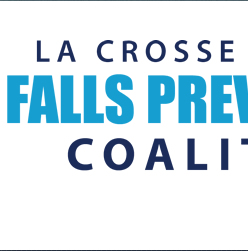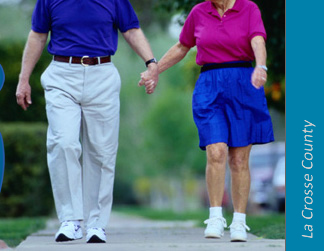









| Home |
| Myths |
| Facts |
| Assess Your Risk |
| Physical Activity & Falls |
| Medication & Falls |
| Vision & Falls |
| Home Safety & Modification |
| Upcoming Events |
|
Annual Falls Prevention Awareness Day |
| Resources |
| About Us |
Home Safety & Modification
Outdoors
Outdoors
- Repair cracks and abrupt edges of sidewalks and driveways.
- Install handrails on stairs and steps.
- Remove high doorway thresholds.
- Trim shrubbery along the pathway to the home.
- Keep walk areas clear of clutter, rocks and tools.
- Keep walk areas clear of snow and ice.
- Install adequate lighting by doorways and along walkways leading to doors.
- Use a change in color to denote changes in surface types or levels.
- Secure rugs with nonskid tape as well as carpet edges.
- Avoid throw rugs.
- Remove oversized furniture and objects.
- Have at least one phone extension in each level of the home and post emergency numbers at each phone.
- Add electrical outlets.
- Reduce clutter.
- Check lighting for adequate illumination and glare control.
- Maintain nightlights or motion-sensitive lighting throughout home.
- Use contrast in paint, furniture and carpet colors.
- Install electronic emergency response system if needed.
- Install grab bars on walls around the tub and beside the toilet, strong enough to hold your weight.
- Add nonskid mats or appliqués to bathtubs.
- Mount liquid soap dispenser on the bathtub-wall.
- Install a portable, hand-held shower head.
- Add a padded bath or shower seat.
- Install a raised toilet seat if needed.
- Use nonskid mats or carpet on floor surfaces that may get wet.
Kitchen
- Keep commonly used items within easy reach.
- Avoid using a step stool.
- Make sure appliance cords are out of the way.
- Avoid using floor polish or wax in order to reduce slick surfaces.
- Keep electrical and telephone cords out of the way.
- Arrange furniture so that you can easily move around it (especially low coffee tables).
- Make sure chairs and couches are easy to get in and out of.
- Remove caster wheels from furniture.
- Use television remote control and cordless phone.
- Put in a bedside light with a switch that is easy to turn on and off (or a touch lamp).
- Have a nightlight.
- Locate telephone within reach of bed.
- Adjust height of bed to make it easy to get in and out of.
- Have a firm chair, with arms, to sit and dress.
- Keep free of clutter.
- Make sure carpet is secured and get rid of throw rugs.
- Install tightly fastened hand rails running the entire length and along both sides of stairs.
- Handrails should be 34 inches high and have a diameter of about 1.5 inches.
- Apply brightly colored tape to the face of the steps to make them more visible.
- Optimal stair dimensions are 7.2 inch riser heights with either an 11 or 12 inch tread width.
- Have adequate lighting in stairways, hallways and pathways, with light switches placed at each end.
Additional Resources
A Home Fall Prevention Checklist for Older Adults
Preventing Falls at Home: Room by Room (National Institute on Aging)
A local resource specializing in rental ramps and other home safety equipment to keep you safe in your home, serving Wisconsin and Eastern Minnesota.
300 4th Street North La Crosse, WI 54601 608.785.5700 La Crosse County Home